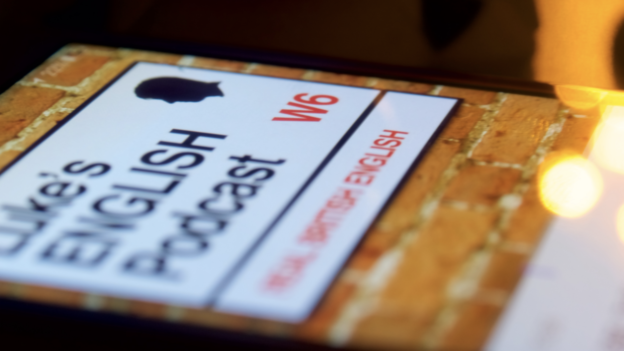Let’s look towards the coming year and talk about new years resolutions for language learning in 2017.& I talk about the UK’s most common new year’s resolutions, my resolutions for improving my French and then talk about ways we can work on our language learning this year.
![]() [DOWNLOAD]
[DOWNLOAD]
The UK’s Most common New Year’s resolutions
Source: ComRes poll
- Exercise more (38 per cent)
- Lose weight (33 per cent)
- Eat more healthily (32 per cent)
- Take a more active approach to health (15 per cent)
- Learn a new skill or hobby (15 per cent)
- Spend more time on personal wellbeing (12 per cent)
- Spend more time with family and friends (12 per cent)
- Drink less alcohol (12 per cent)
- Stop smoking (9 per cent)
- Other (1 per cent)
http://www.telegraph.co.uk/wellbeing/health-advice/common-new-years-resolutions-stick/
http://www.theweek.co.uk/80420/the-most-common-new-year-resolutions-and-who-has-stuck-to-them
Making New Year’s Resolutions about Language Learning
We don’t usually stick to our new year’s resolutions. I think it helps to make one resolution which is quite specific.
There are a lot of things I would like to achieve this year but I’ve decided to focus on my French because I’ve neglected it.
Stop making excuses, release the pressure and enjoy it.
I want to improve my French because it’s still not good enough, even though I live in France.
As I often say, my French isn’t doing very well but my excuses are improving all the time.
So, as ever I plan to stop making excuses and to apply my own knowledge about language learning to my learning of French. Olly Richards’ advice from episode 332 still stands of course, and we know it to be true:
- Add little bits of language learning practice into your daily routine and make it a habit.
- With regular, habitual practice your learning will progress properly.
- Then you can build on those habits and spend more and more time per day.
I’m pretty embarrassed by my lack of French and so I have to pull my finger out. It just shows, and we already know this, that learning a language doesn’t happen magically, that you also have to use specific techniques, work at it, do it regularly and be organised.
I should do an episode all about my French and I plan to.
My specific aim for my French this year is to read graphic novels in French, like this one. (pics)
Some suggestions for resolutions about English
It’s important to start the year in a positive and determined way and then keep it up! Not many of us maintain our resolutions.
Maybe we should to maintain our resolutions for 3 months, and then revisit them, making new ones or reestablishing the old ones. So, perhaps at about Easter we can evaluate them.
I encourage you to make some resolutions about your English. Just choose to do one thing on a regular basis and make it a habit. You could write about it in the comment section.
Another idea is to get a Netflix account and switch on the subtitles. Then get addicted to a show (e.g. The Crown) and before you know it you’ll have binge watched 10 hours of TV in English while noticing all the language in the subtitles.
You could keep your vocab notebook with you to note down new words, or note them down in your phone. Perhaps you could use the voice recorder on your phone to record yourself saying some sentences with those new words and then at the end of the month you review them all and listen to yourself saying the words and phrases – in some sort of meaningful sentences. That could be a great way of teaching yourself some language.
Remember that when you’re practising language, like new words or expressions, to use meaningful examples. Make sentences that are expressions of your real opinion or which are about something important to you. You might find the words stick more easily that way.
Think about one area of your English that you need to improve and focus on that this year. For example if you need to improve your writing in particular, try getting a book on email writing (e.g. Email English by Paul Emmerson) or if you have a job interview coming up consider getting some italki lessons specifically to practise interview scenarios.
There are plenty of other ideas that you could come up with. Feel free to share some ideas in the comment section if you like.
Thanks for listening. Speak to you soon.
Luke



